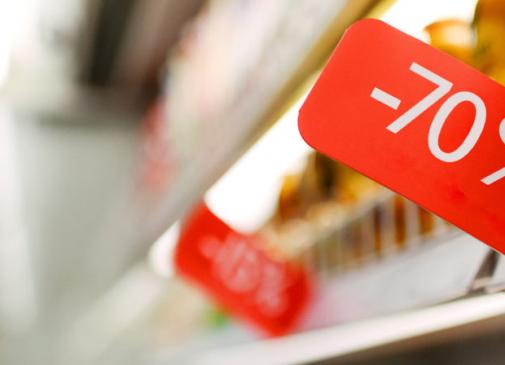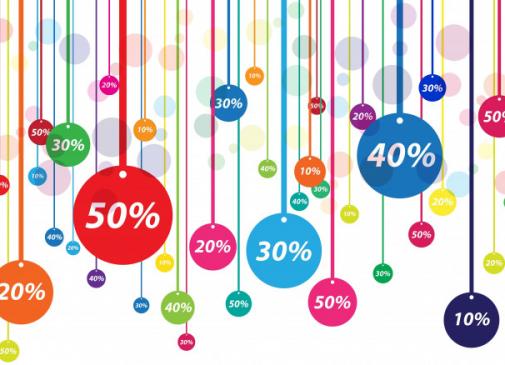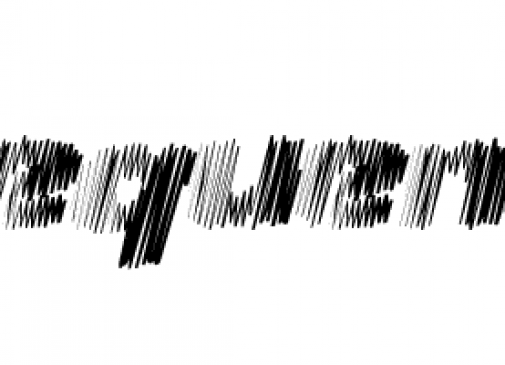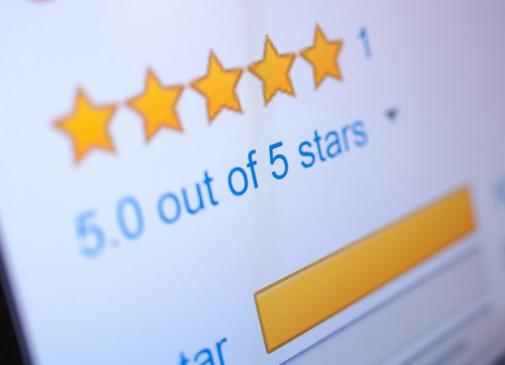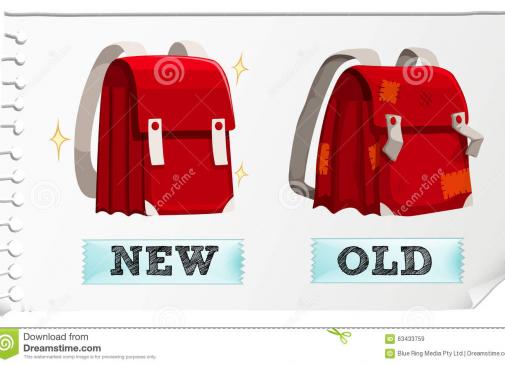Online retail may be growing at a whopping rate of 19 percent year on year, but physical stores have not perished yet. Quite the contrary, they were quick to adapt to new circumstances and bravely faced their digital foe. One thing is certain: the future belongs to these retailers who know how to capitalize on the perks of both online and offline retail.
Online retail may be growing at a whopping rate of 19 percent year on year, but physical stores have not perished yet. Quite the contrary, they were quick to adapt to new circumstances and bravely faced their digital foe. One thing is certain: the future belongs to these retailers who know how to capitalize on the perks of both online and offline retail.
Whether online or offline, retailers still consider the store to be an important place to display and sell their products. Even pure play (online only) retailers began moving into the offline-shopping last year, among them eyeglass company Warby Parker and online-only men’s fashion retailer Bonobos. Both brands opened their first physical stores in NY, Boston and San Francisco. Other e-tail players, who decided to try their luck in the world of brick-and-mortar, include such online legends as Etsy, Ebay and Amazon (BeautyBar.com). It seems that even online brands need some kind of physical presence to become complete. Especially that the digital-only shopping platform is not sufficient to guarantee brand's popularity with consumers who still want to physically experience products and brands in real time.
Pop-ups are here to stay
Eager to cross over to the world of physical retail, e-tailers set up permanent brick-and-mortar stores or pop-ups. Considered a passing fad a decade ago, the pop-up shops are still going strong due to the influx of retail brands rooted in e-commerce. Offline players use these temporary locations to attract brick-and-mortar audience. Even such online giants as Google want to pull their share in the brick-and-mortar retail. The company recently opened a series of pop up‘Winter Wonderlabs' in parks and malls to showcase their new tech devices. Offline retailers also find pop-ups useful in boosting business. Some merchants prefer such temporary shops because they can swoop into a physical space, set up shop quickly and take advantage of existing foot traffic. New York-based men's store Rothmans incorporated a "permanent pop-up store" into its business model. Its co-owner Jim Giddon said that featuring a different pop-up every three months or so within their larger space had helped the store reach new customers.
Shoppers turn into brand disciples
Concept stores designed to create a strong bond between a consumer and a brand may soon become a more common feature in the retail landscape. Simply selling things to clients is not enough anymore. Nowadays brands are defined by the people who use them. New concept stores enable shoppers to fully immerse themselves in the brand ethos and become the members of the same brand "tribe". Opened four years ago, the Adidas ‘Runbase’ Tokyo store is a good example of this approach. Runners can drop into the ‘base’ before work, rent one of the 248 lockers provided, borrow cutting edge Adidas equipment shoes and clothing, and then hit the streets. Adidas Runbase also features 16 shower cubicles, so residents of Tokyo can freshen up after their run before heading to work or elsewhere.
In-store customization goes big
It all started with Nike iD, a customization concept that allowed consumers to design their own pair of Nike shoes. Then came Jones Soda, which enabled consumers to have customized bottle labels. Moving from the realm of brands into a physical store, customization is now one of the industry's most popular buzzwords. The truth is that the store of the future must enable shoppers to truly express themselves through customization. Personalization of services and products is crucial in winning customer's loyalty. There are many stores, which already apply this principle in reality. For instance, Bite Beauty’s Soho Lip Lab offers its clients an opportunity to craft their own custom lipstick, while Joseph Abboud’s iPad app allows shoppers to custom-tailor a suit and have it delivered in a fortnight. Hallmark stores offer recordable storybooks that customers can record their own story-readings into for personalized kids gifts. One of the pioneers in in-store customization, Build-A-Bear Workshop (which allows kids to create their own stuffed animals), took its custom offerings a step further two years ago, by adding digital screens where children can add more personalized sounds and music to their stuffed animals.
Sources: http://www.thoughtworks.com; http://www.forbes.com; http://fashionista.com; http://www.cnbc.com; http://www.tokyoweekender.com; http://www.brandingstrategyinsider.com; http://customnation.com Photo: mashable.com

